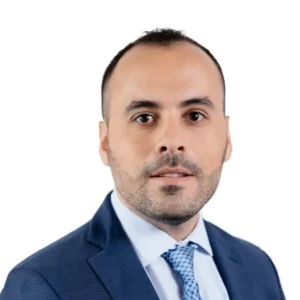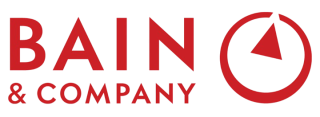Hello, everyone,
I have an Experienced Professional Interview for a consulting role at Bain Germany in the next months and would like to get your opinion and insights on four questions. Background info: I have been a consultant at a Tier 2 consultancy for 2 years.
1. What are current industries and issues where Bain is particularly strong compared to McKinsey & BCG? I looked on the website but did not find any meaningful results.
2 Which cases can you expect? Only market sizing, entry or others?
3. What preparatory materials would you focus on for 4 weeks of preparation while working?
4. Which personal fit questions do you have for Experienced Consultants?
Many thanks in advance!













